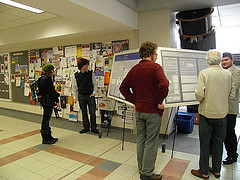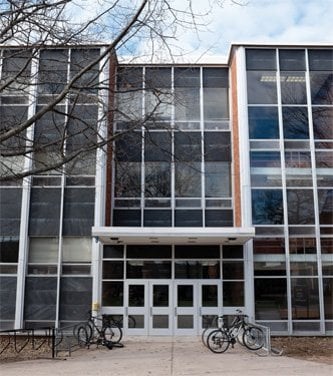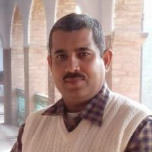
VIEW THE PHOTO GALLERY
The PH3210 Optics Lab would like to invite you to a poster session, which will be happening on Tuesday, December 9th from 3:00pm-4:00pm in the Fisher Atrium.
The Optics Lab students will be presenting posters detailing experiments they have performed in class or projects that they have created themselves related to the coursework. We would love for you to come and ask questions and see what the Optics Lab has been up to this year.




